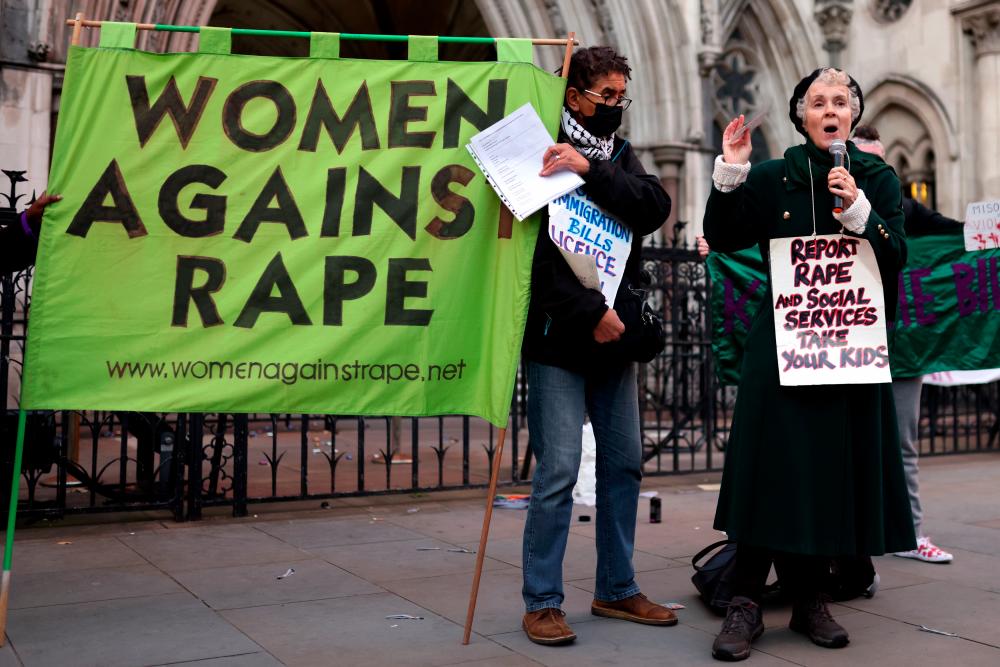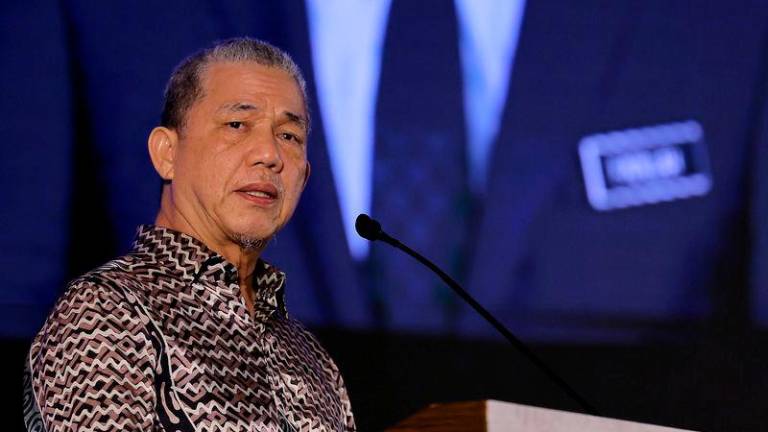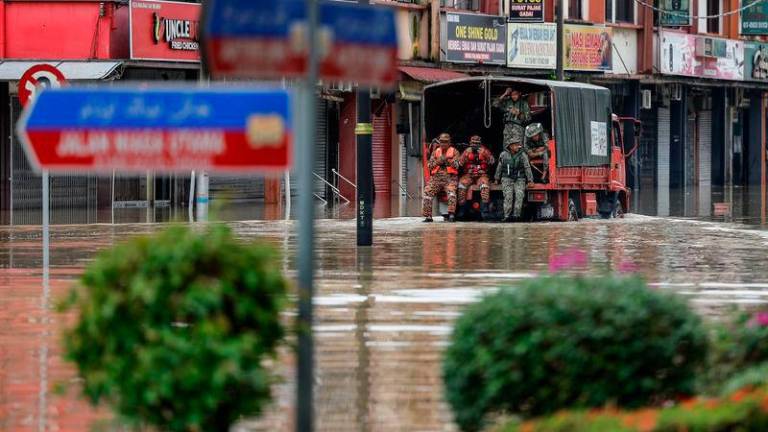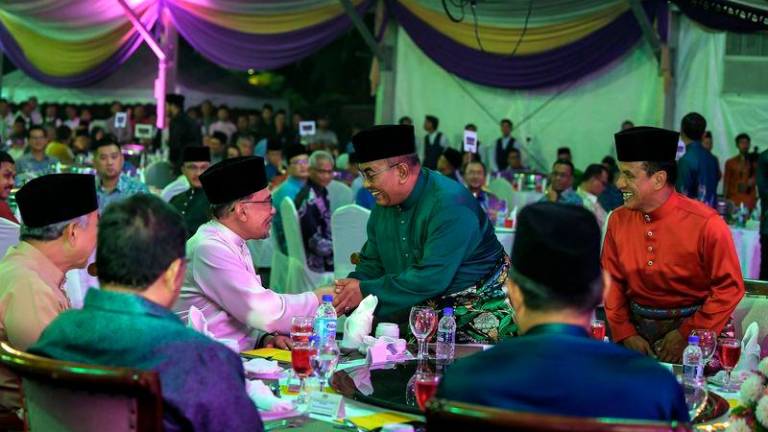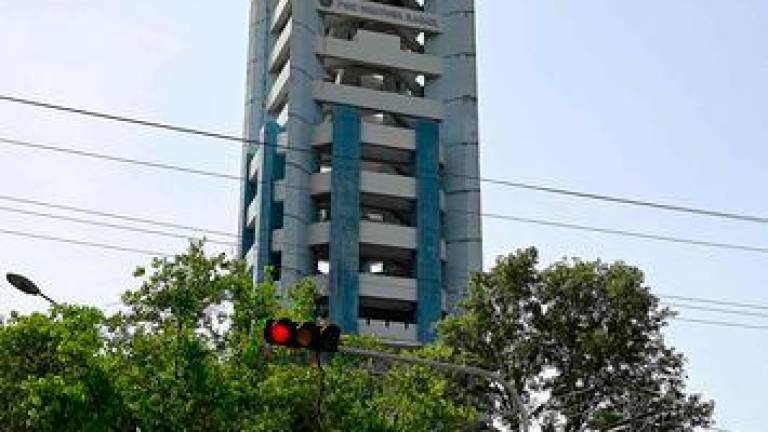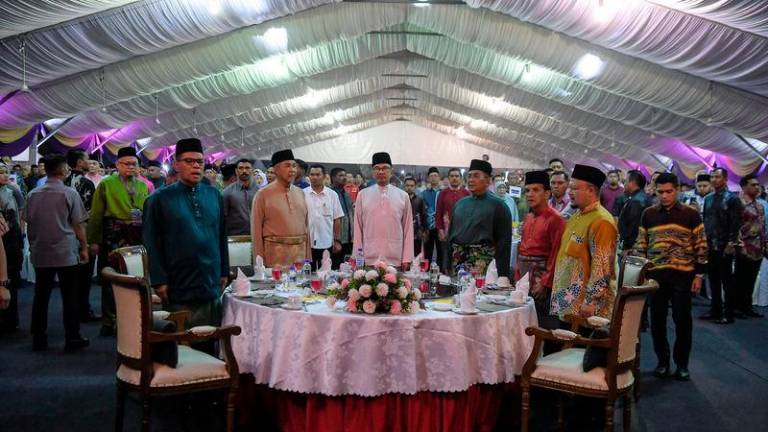PETALING JAYA: A marriage certificate is not a licence to “legally” rape someone, and as such the government should make marital rape a criminal offence, say women’s groups and a criminal lawyer.
“The act of rape is rape regardless of marital status,” criminal lawyer Dinesh Muthal told theSun.
“A marriage certificate shall be a form of legal recognition for couples to be married only and as a form of protection of the marriage.”
While our laws define rape under Section 375 of the Penal Code as sexual intercourse with a woman against her will or without her consent, Dinesh noted that sexual intercourse with a woman is also rape when her consent is obtained by putting her in fear of death or hurt.
“Or when she is unable to understand the nature and consequences of what she is consenting to; or when her consent is obtained by using a position of authority, a professional relationship, or other relationship of trust,” he said.
“Marital rape applies the similar context but happens within the vicinity of a marriage. Unfortunately, the exception under Section 375 does not criminalise marital rape,” he said.
Additionally, Dinesh added that Section 375A of the Penal Code also makes it a crime for a man to cause hurt or fear of death or hurt to a woman in order to have sexual intercourse with her and shall be punished with imprisonment, which may extend to five years.
“Other than that, consent seems irrelevant, especially if the exception in Section 375 is read that. The exception notes that sexual intercourse by a man with his own wife by a marriage which is valid under any written law for the time being in force, or is recognised in Malaysia as valid, is not rape. Hence, consent is no longer an issue. When consent is no longer an issue, there is no rape,” he said.
“As marital rape is not an offence, married women remain vulnerable, unprotected and deprived of the equal protection of law accorded to unmarried women,” he added.
All Women’s Action Society information and communications officer Jernell Tan said despite international recognition of marital rape as a criminal offence and calls by the Committee on the Elimination of Discrimination against Women since 2006 for Putrajaya to criminalise marital rape, the government has remained reluctant to do so.
She added unlike punishment for rape, which is up to 20 years of imprisonment, punishment under Section 375A is only up to five years of imprisonment, which may not be a sufficient deterrent for perpetrators.
“Marital rape is a form of sexual abuse in domestic violence. Research in 2014 by Universiti Sains Malaysia substantiates this – 11% of ever-partnered women survivors of domestic violence, or approximately 100,000 Malaysian women, experienced ‘forced sex’ as a form of abuse,” she noted.
Tan added that victims of marital rape suffer long-term and severe consequences.
“Being traumatised is a predominant experience that we see among the few cases that we received. How symptoms manifest would depend on the victim’s experience, and they can include flashbacks, shock, sleep problem, and mental health conditions such as anxiety, depression and post-traumatic stress disorder,” she said.
Women’s Aid Organisation deputy executive director Yu Ren Chung said the exception in Section 375 needs to be deleted.
“This is really about domestic violence – where sexual abuse is part and parcel of abusive conduct. The problem with the current status of the law – exempting husbands from the offence of rape – is that firstly the punishment for Section 375A is much lower than rape, secondly rape can still occur in absence of hurt or fear of hurt, and thirdly it sends the wrong message to society – that husbands are somehow entitled to their wives’ bodies,” he said.
Marital rape is a crime in more than 50 countries, including the United States, Australia, Nepal, South Africa and Singapore.
For example, in Singapore, those found guilty of marital rape are liable to a 20-year sentence and will also be liable to whipping or a fine.




